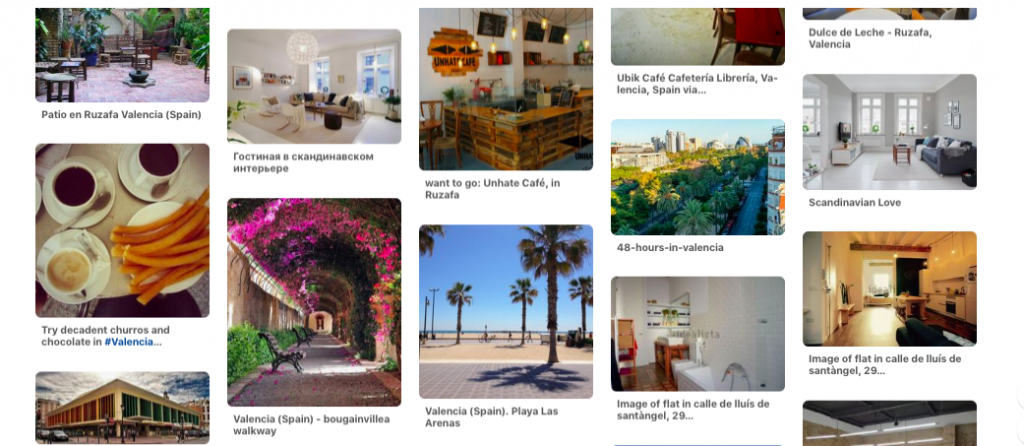I quit my job. It all came down to one decision. One decision I’d spent years building up to.
The day I finally decided to quit my job – one decision completely changed the course of my life, as decisions tend to do. But not all decisions are created equal. Some set off a small shift in your day-to-day life, others set off a series of events which are much bigger than you ever expected, hoped or dreamed. (More here).
I’d been considering leaving my job for years. It wasn’t making me happy, it didn’t feel like a right fit after a decade of hard work. The main reason I hadn’t left was that I wasn’t sure what to move on to do.
I started to seriously consider what the reality of quitting my job might mean. With no specific plan for what to do next, could this be an option? Make the break, and work out what to do next with a clearer mind?
I’d need to make money somehow. I had a mortgage and bills to pay.
I started reading blogposts and articles and books about what to do when you’re considering quitting a job. (Like this and this). I realised that setting myself up with some kind of extra income would help with the massive fear of not having a regular salary for a period of time.
The least I could do would be to investigate this – rather than ploughing through unexciting job ads, I could look into how to support myself in other ways. Could I find a way to survive whilst exploring new ideas and options and working out what to do next?
The most attractive option was something a friend of mine had told me about a while before – she was freelancing for a translation company – quality checking and finalising translations. She could work when she liked, as much as she liked, from home or wherever she happened to be.
She thought I had the qualifications and experience to do the same. So she passed on a contact at the company, I got in touch, filled in some application forms, did a series of tests, passed, and was accepted onto their books.
Whoo! I now had a legitimate way of making money if I left my job! It would be ad hoc, with no guarantee of work or monthly income, but it was something.
I sensed freedom.
I also knew that I could tutor students in English and touch-typing, something both my parents did in their retirement. Again, I had the qualifications and experience to do this. And I could earn a good rate of pay from it. Again – no guarantees, but money, and more freedom.
As I started to really consider my options, I started to think about my skills in a different way, not only concentrating on what I was doing every day in my current job, but on all the skills I had at my disposal.
What could I possibly do to make money? I wasn’t concentrating on the one next big important role. I wasn’t thinking about my career ladder, the next job title. It was back to basics, what can I do, can I make money from it, could I enjoy spending my time doing it?
I ended up doing various things to keep afloat – read more here.
So that day when I decided to quit my job, it wasn’t on a whim. This wasn’t a total leap into the unknown. It certainly wasn’t a rash, reactive decision.
It felt a bit like it at the time. One day I just had enough, and speaking to my parents, I said, “I think I need to do this”.
But it was actually a decision based on many hours deliberating, dreaming, worrying, analysing, planning. I’d gathered the evidence that it might be a realistic solution for me. I’d gathered enough evidence to give me the confidence to do it.
I can’t recommend quitting your job without having lined up the next one. It is a big risk. For some people this will work out fine, others need more security and certainty.
What I can recommend though, is starting to properly look at different ways of making money through the skills and experience you already have. Things you probably haven’t yet considered.
Imagine for the next 6 months you won’t be doing your current job.
You need to make money. What can you do? If you had to come up with some ideas, what would you do?
Is there something you’ve always had a bit of an interest in but not really pursued? For me at that time it was the translation work. Is there a way you could try it out on the side? Set up on a freelance website like UpWork and do a couple of hours a week? Start a side project? Writing, consulting, mentoring, volunteering?
Could you make the break slowly, bit by bit, easing yourself into a new industry, a new way of working, a new way of seeing things?
Get in touch with me here if you’d like me to help you with your career transition.
Please share this post with someone who you think might enjoy it. Here’s the link.
Photo by Daniela Cuevas on Unsplash



